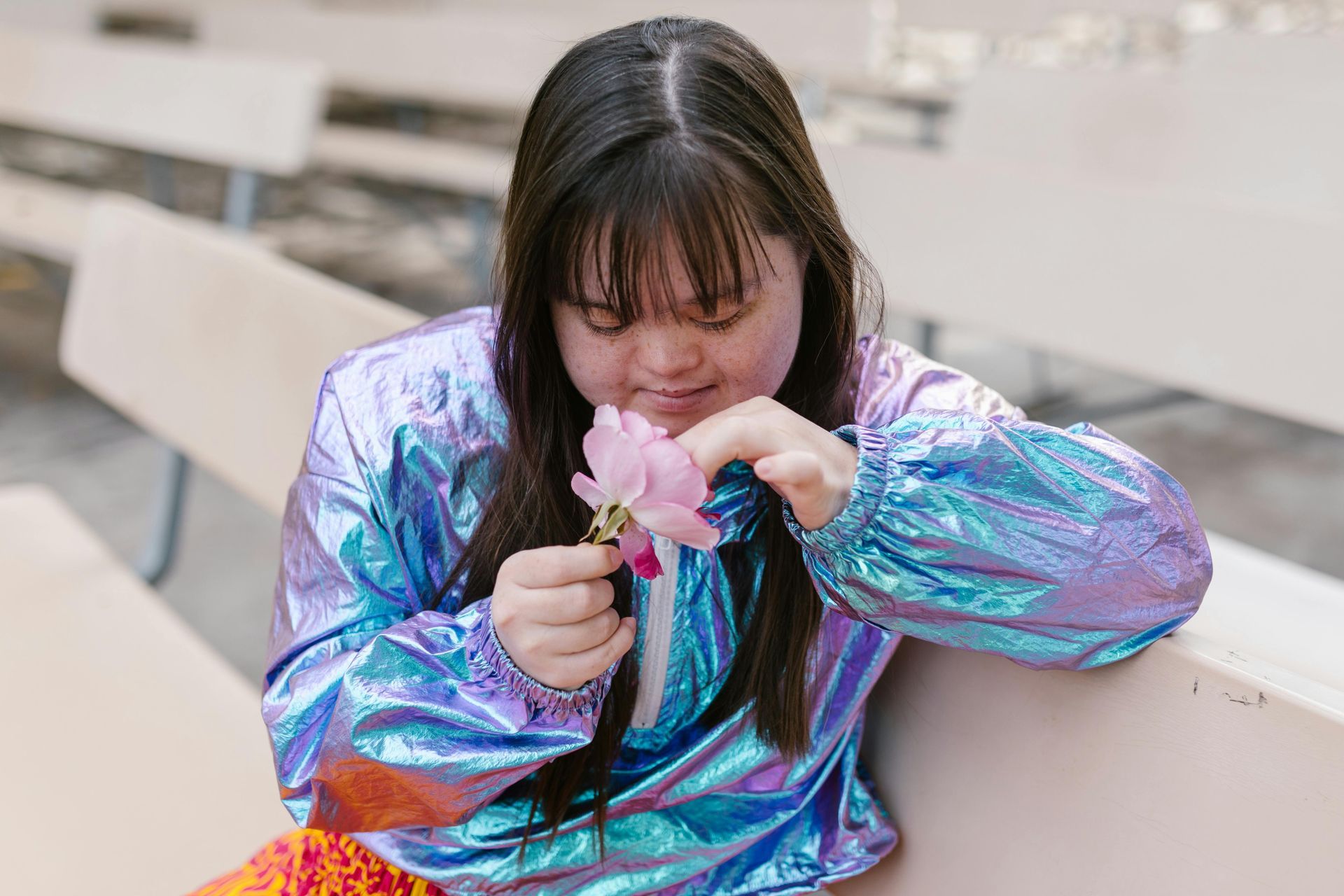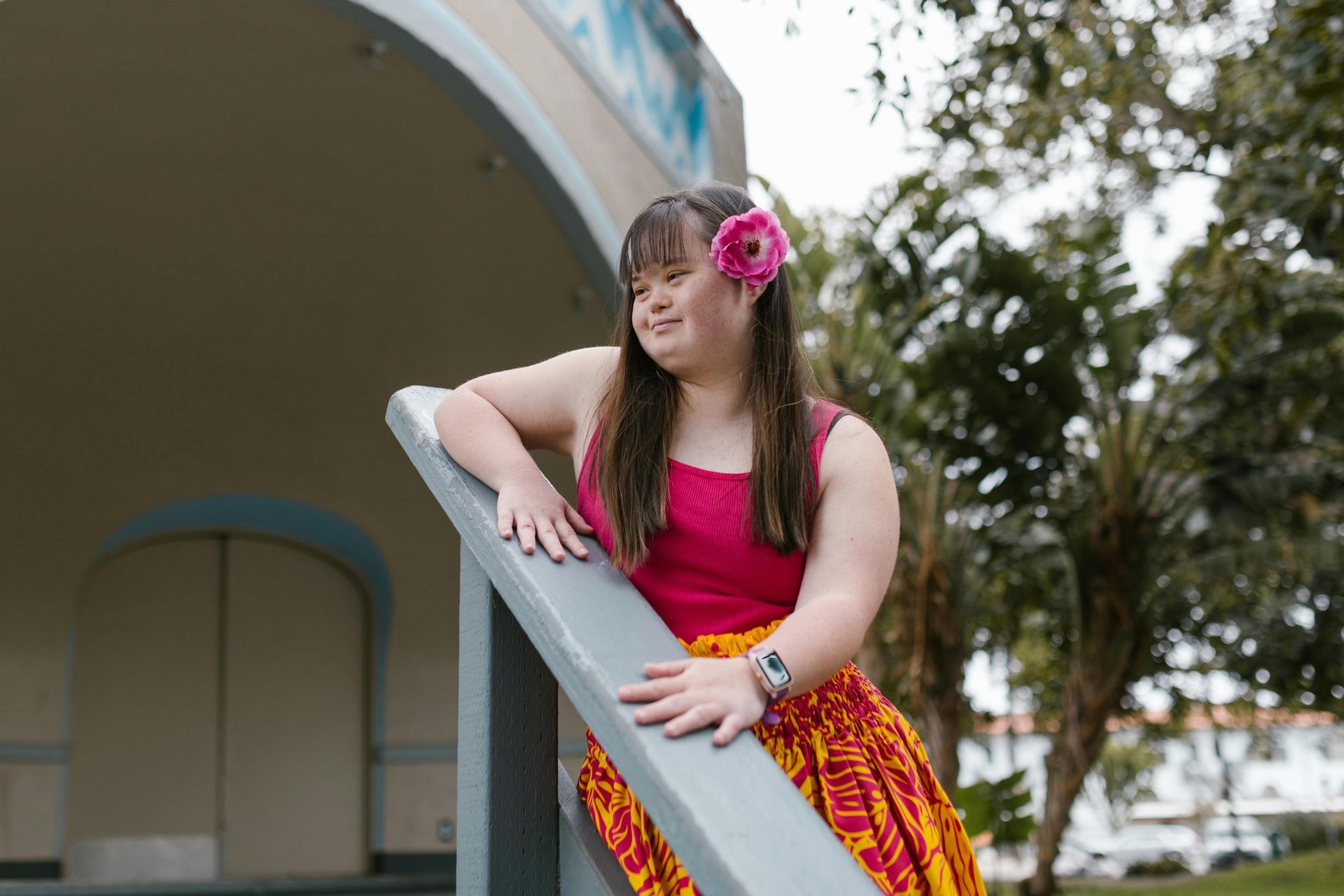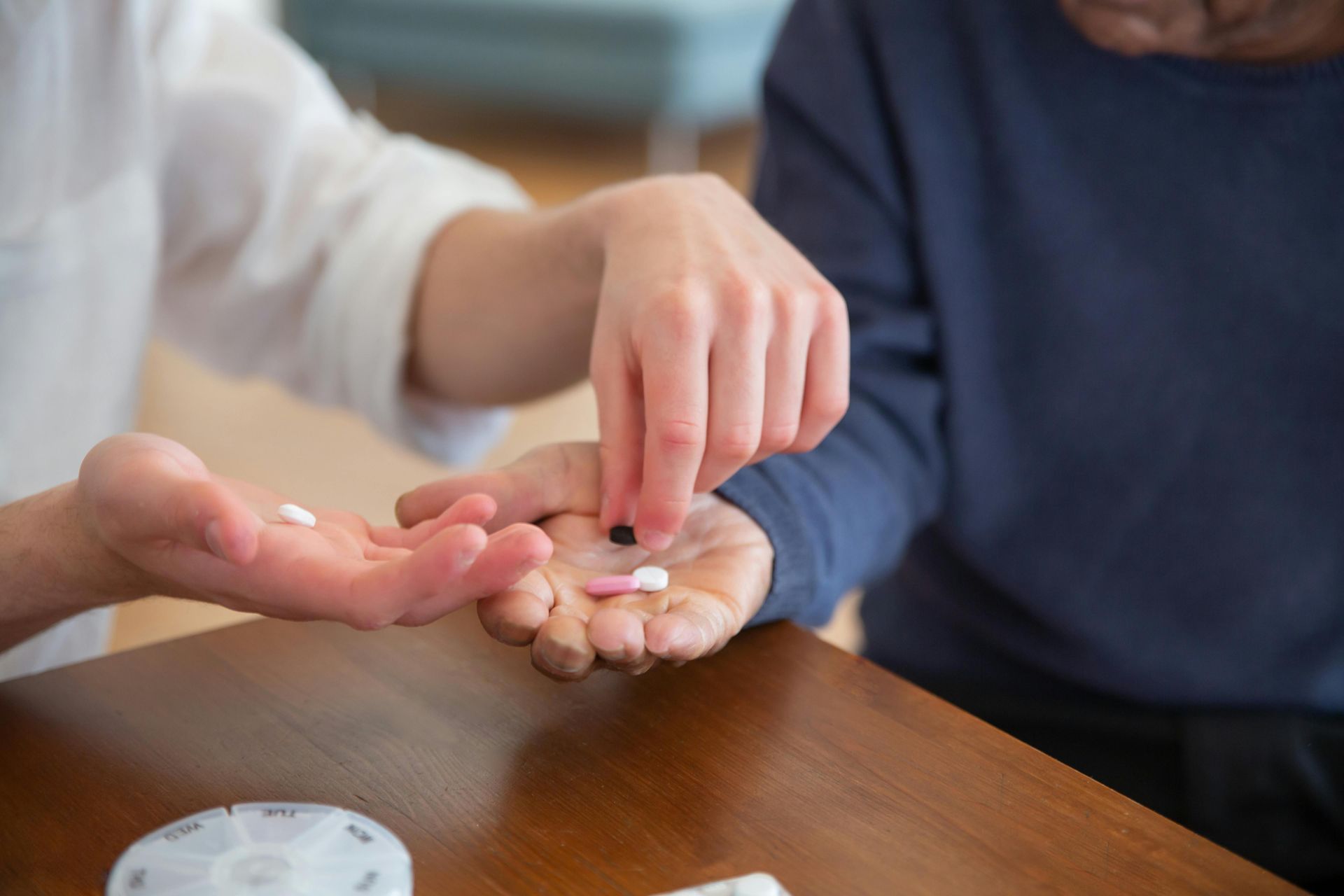Community Living Group Homes in Columbia
At Global Hands Inc., we understand the unique challenges faced by individuals with autism, particularly when transitioning into a new living environment. Many of our clients come to us, and we're acutely aware of how difficult it can be for them to be suddenly in an unfamiliar space, surrounded by new faces. This understanding forms the cornerstone of our approach to community living group homes in Columbia: creating environments that are not just safe, but truly comforting and supportive.
One of the most effective ways to ease this transition and make our clients feel at home is by personalizing their bedroom. A thoughtfully designed bedroom can transform an unfamiliar room into a private sanctuary, a place where they feel secure and at ease.
We believe that everyone deserves a space they can truly call their own, especially those navigating the complexities of autism. That's why we're committed to helping you create a bedroom that your special someone will not only enjoy but truly love. Here are a few tips we've learned along the way to help you achieve just that:
Tailoring the Environment for Sensory Comfort
Individuals with autism often experience sensory input differently. What might be unnoticeable to some can be overwhelming or distressing to others. Therefore, a key aspect of creating a comfortable bedroom is to consider the sensory environment.
- Calming Color Palettes: Opt for soft, muted colors on the walls and in the decor. Shades of blues, greens, and grays can have a calming effect, promoting relaxation and reducing anxiety. Avoid bright, jarring colors that can be overstimulating.
- Controlling Light: Natural light is wonderful, but too much can be intense. Consider blackout blinds or heavy curtains to allow for complete darkness during sleep or when the individual needs to retreat from light. Gentle, diffused lighting options, like lamps with dimmers, can also be beneficial, allowing for adjustable brightness throughout the day.
- Minimizing Noise: External sounds can be a major disruptor. Thick carpets or rugs can absorb sound, and strategically placed furniture can also help. For those highly sensitive to noise, consider white noise machines or gentle, consistent background sounds that can mask sudden or unpredictable noises.
- Texture and Touch: Pay attention to the textures of bedding, clothing, and furniture. Some individuals may prefer soft, smooth fabrics, while others might find comfort in weighted blankets or textured items that provide proprioceptive input. Provide a variety of textures so they can choose what feels best.
Personal Touches and Familiarity
Creating a sense of familiarity is crucial in an unfamiliar setting. Incorporating personal items can make a world of difference.
- Familiar Objects: Encourage bringing favorite blankets, pillows, stuffed animals, or cherished possessions from their previous home. These items carry a sense of security and comfort.
- Personalized Decor: Let them be involved in choosing some of the decor. This could include posters of their favorite characters, pictures of family and friends, or artwork they've created. Having a say in their space can foster a sense of ownership and control.
- Structured Layout: A predictable and organized environment can reduce anxiety. Clearly defined spaces for different activities (e.g., a reading nook, a desk for hobbies) can help. Visual schedules or clear labeling for drawers and shelves can also provide a sense of order and routine.
Promoting Independence and Predictability
For many individuals with autism, predictability and control over their environment are very important.
- Routine and Predictability: While not directly related to the physical space, establishing a consistent daily routine within the bedroom can be incredibly helpful. This could include set times for waking up, getting dressed, and winding down for bed.
- Safe and Secure Storage: Provide accessible and secure storage solutions for personal belongings. This helps maintain order and ensures their valued items are safe.
- Sensory Tools and Resources: Depending on individual needs, consider incorporating sensory tools that can help with self-regulation. This might include a quiet corner with a beanbag chair, fidget toys, or a mini trampoline for sensory input.
At Global Hands Inc., our goal is to ensure that our community living group homes in Columbia are more than just places to live; they are spaces where individuals with autism can thrive. By focusing on thoughtful bedroom design and a deep understanding of their needs, we strive to create environments that are truly comfortable, safe, and welcoming.










